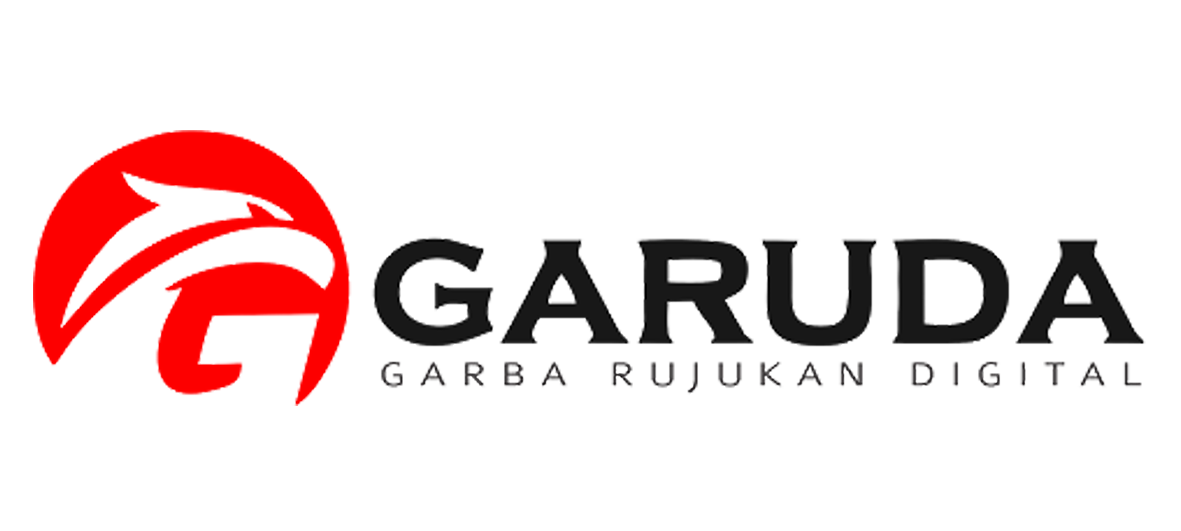Withdrawal, Removal, and Archiving Policies
This circumstance can occur if the initial version of the article contains an error, or may have been accidentally sent twice to both Janaseva: Jurnal Ilmiah Pengabdian Kepada Masyarakat Pekerja Sosial and/or a different publisher. In addition, it can also occur due to an element of Infringements of the scientific code of ethics, such as double submissions, false claims of authorship, plagiarism, self-plagiarism, fraudulent use of data or the like. Articles that meet the element of Infringements of the code of ethics upon the awareness of the author can make a withdrawal of his article accompanied by a letter of statement withdrawal addressed to the editorial board of Janaseva: Jurnal Ilmiah Pengabdian Kepada Masyarakat Pekerja Sosial
In an extremely limited number of cases, it may be necessary to remove an article from the online database of Janaseva: Jurnal Ilmiah Pengabdian Kepada Masyarakat Pekerja Sosial. This will only occur where the article is defamatory, a hoax, infringes others’ legal rights, a court order, and endangering state security. In these circumstances, while the metadata (Title and Authors) will be retained, the text will be replaced with a screen indicating the article has been removed for legal reasons.
In cases where the article, if acted upon, might pose a serious health risk, the authors of the original article may wish to retract the flawed original and replace it with a corrected version. In these circumstances, the procedures for retraction will be followed with the difference that the database retraction notice will publish a link to the corrected re-published article and a history of the document.
This journal utilizes the LOCKSS and CLOCKSS system to create a distributed archiving system among participating libraries and permits those libraries to create permanent archives of the journal for purposes of preservation and restoration. All content in the CLOCKSS Archive and the Global LOCKSS Network is preserved with explicit publisher permission, secured via written contract or through online permission statements. We work closely with LOCKSS network implementers to facilitate development of governance and legal terms that are appropriate to the implicated content, jurisdictions, rights, and access affordances. Our work also licensed under a Creative Commons Attribution-ShareAlike 4.0 International License.








